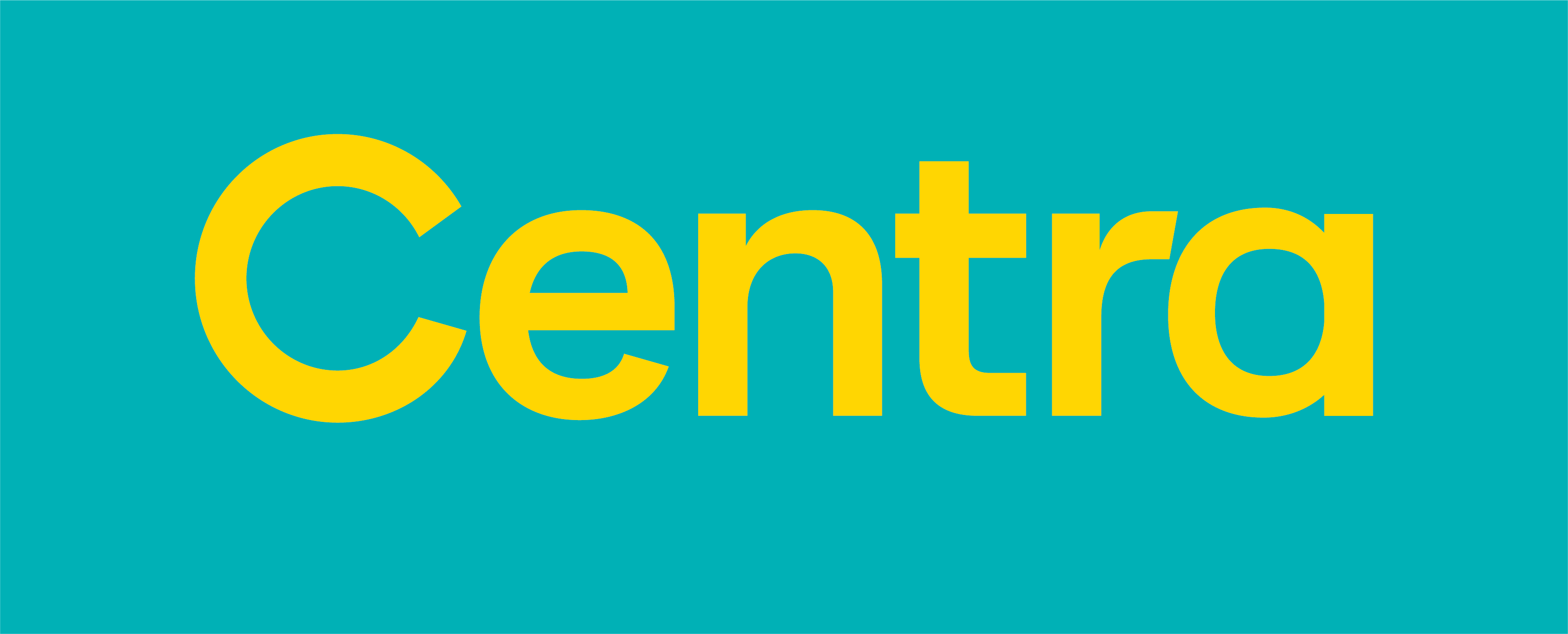Column: Brendan Cummins on Hurling
Column: Brendan Cummins on Hurling
One of the things I took from Sunday's epic is that it's definitely easier to play in games like that than to watch them. I was in the stand with my family, watching Tipperary playing in an All-Ireland final for the first time since I had retired, and I wondered how supporters managed it down through the years I was playing.
To be honest, I expected a game of chess on Sunday and it turned into a game of Battleship. I doubt either side went into the game expecting it to turn out the way it did and I think after around 20 minutes it was a case of just going for it and seeing what happened.
ALIEN ENVIRONMENT
That's All-Ireland final day for you - sometimes it just takes on a life of its own. From the time you leave the dressing-room to the 20 minutes you spend on the pitch with the circus going on around you, it's a completely alien environment. There is more messing around than there would be on any other day. All the time you are revving up and building to throw-in, wishing the game would just start.
Before the 2001 final, our manager at the time Nicky English decided to rehearse the formalities. He made us all line up in front of the new stand in Thurles as if we were meeting the President because he wanted to get into our heads what that sensation was like. That's the level of detail teams go into to prepare for All-Ireland final day, and that was 13 years ago! It sounds a bit over the top, but on a big day a player can be a bit like a thoroughbred horse and it's vital not to encounter any new situations that might spook you. Everything has to be prepared for.
Then you have to play a game of hurling.
You mightn't fully process what's going on around you but it certainly presents unique challenges. If you stretched out your arm to the tip of your fingers, it is as far as anyone could hear you on All-Ireland final day in Croke Park. Take John O'Dwyer's equalising point two minutes from the end as a case in point. Paul Murphy was hooked by 'Bonner' Maher and Cillian Buckley was roaring at him but Paul didn't hear the warning. Your peripheral vision becomes key and helps your decision-making, which along with work-rate is a crucial piece of the puzzle.
Kilkenny couldn't close out the game because the Tipperary forwards' work-rate didn't slow down and they didn't get the chance to clear the ball in defence. (Tipperary hit 40 hooks/blocks/tackles, way up on their average of 28 for the year, but still trailed the market leaders Kilkenny, who hit 42). In previous matches, Tipp's flaws in attack were winning aerial ball and their work-rate, but Kilkenny met a new Tipperary on Sunday and were presented with a challenge they hadn't seen all year. If there were such a thing as a time-out in hurling, Brian Cody would have called one in the last 10 minutes to get some structure back in his defence. Tipperary made the correct decisions in that crucial spell and Kilkenny didn't, and that was the reason Tipp got back into it and maybe could have won it.
Over the course of the 70-odd minutes, there were four goals, 50 points, countless goal-scoring chances, two penalties and more incidents than the mind could process. It was wild, brilliant and often chaotic stuff. How did we end up with a game like this? Simply, the quality of the movement in both forward lines dragged defences everywhere.
Essentially, when forwards end up one-on-one with a defender, it's an uncomfortable position for them. Match-ups before games are now a thing of the past because the modern forward wants to drag defenders into uncomfortable positions, and so they are rotating all the time. With the constant movement and rotation we saw on Sunday, the man-to-man element is removed from the equation. Given space, the Tipperary and Kilkenny forwards are the best in the business at feeding off loose ball and reading the breaks, and TJ Reid and 'Bubbles' O'Dwyer were the best exponents of that art on Sunday.
SPACE INVADERS
Seeking out space is the key to Tipperary's game-plan, and Larry Corbett is the master locksmith. He can prize any defence open. Larry barely got a mention before the game, but when the pressure has been on, Larry hasn't let Tipp down this year. When Tipp are ahead, Larry identifies it as an opportunity for him to retreat back into the shadows because he knows the rest of the lads will carry the game. But Larry is around long enough now to know that 10 minutes into the second half on Sunday the game was in the balance and that's when Larry comes into his own.
Larry will stand for six or seven seconds, watching and waiting, before he identifies a space and hits it. The whole forward line is rotating and he appears in a space out of nowhere. He often wins the ball and holds it up in the air to show the whole place he has it so he can't be fouled. It buys him a yard of space from the defender, he changes the direction of play or drives towards the goal and the forward line is moving again. That's what he did in 2010 and he did it again on Sunday.
LESSONS
Both defences have a lot of lessons they can take from the game. At this level, defenders have to learn that they can't get caught up in the moment and that their primary role is to get the ball out of the forward's hands. Brian Cody pulled off a masterstroke in putting Paul Murphy on to 'Bonner' Maher, although 'Bonner' did win the aerial battle a few times and managed to get a clear run at goals. In those situations, if the ball is batted down by the defender 'Bonner' is then facing the stands, has to pick up the ball and has to turn it around and give it to someone else, leaving the situation stacked at around 70 per cent in the defender's favour.
Any player that got the ball within 20 yards of the goal went for it. Both teams would probably have targeted eight goal chances each, hoping to convert four to five. If you reach that target you win the match. A perfect example of this was in the last nine minutes when Richie Power got a chance to go for a point but went for the pass inside to Richie Hogan because he was looking for a goal to kill off the game. It didn't work out because he didn't realise Richie was struggling with an injury, but it proved that goals are the only currency for these lads.
Eamon O'Shea will have taken great confidence from the fact that his team showed the character he believed was in them all year. Tipperary were four points down and it looked like the game was up. Point after point, Tipp came back and drew Kilkenny in. Although Tipperary didn't take all their goal-scoring chances, it doesn't really matter because it's all about creating them and seeing that the plan is working.
The positives for Tipperary are the character they showed and the fact that they now know they can go toe-to-toe with Kilkenny for 72 and a half minutes. They showed the public what they knew already - that they are capable of winning an All-Ireland. They lived Eamon's philosophy on the game - 'You don't get beaten, you just run out of time'.
One of the highlights for me in 2010 was the All-Ireland quarter-final against Galway when we hit the final three scores of the game to win by one. The sense of satisfaction didn't come from the comeback - it came from the fact that we didn't panic when we were two points down with time running out. We lived in the moment and kept playing the game. We understood what we had been asked to do and we nailed it. There is no better feeling.
THE SHEFFLIN CONUNDRUM
Brian Cody might feel that some refereeing decisions went against him on the day and he will definitely believe that a few of his players didn't perform to their full potential. They still created plenty of goal-scoring chances, and took three of them. That shows there is a great hunger to succeed in the team, even when things aren't going to plan.
Cody, however, has a few issues to resolve over the next few weeks. I think he has a crisis of conscience on his hands over Henry Shefflin. Henry came down to warm up 15 minutes into the second half and he was left standing on the line before he was told to go back up to the stand and sit down again. Henry eventually came on with two minutes left and wouldn't have been happy with that. You have to wonder what sort of impact that has on their relationship.
The question for Brian Cody now is does he look to be loyal to Henry or does he use him to make an impact off the bench in the replay? What does he do with one of the greatest players ever to play the game? I don't believe for one second that Henry thinks he is bigger than the team, but I think Brian is afraid that if he plays him he's seen to be buying into sentiment and if he doesn't it's seen as a statement that he can make the tough decisions. Catch-22.
Does he take the chance that he can win an All-Ireland without Henry for the first time? Is that too big a risk? Is 2010, when Shefflin limped out of the final, still on Cody's mind? Henry declared himself fit that day and only lasted 11 minutes. Seeing their leader leave the field gave Tipperary a huge boost and it was one factor in their failure to land the five-in-a-row. You have to wonder can Cody risk losing his talisman again early on, through injury or a sub-par performance. That's the gauntlet Brian Cody is running. It muddies the waters and will niggle away in the background in the build-up to the game.
Eamon O'Shea will feel that he has a settled team, while Brian Cody will have a few decisions to make before finding the perfection he is looking for. Replays are unusual in that what worked the first time might not work the next day. Both managers will need to handle the next three weeks correctly and can learn a lot from what happened Galway in 2012. Galway went into the game with huge question marks hanging over James Skehill and Joe Canning because of injuries, and it clearly hurt them on the day.
One problem potential selection headache for Brian Cody has been eased by Eoin Murphy's performance in goals. He was exceptional. Murphy hasn't played in goals at Croke Park since he was a minor and 15 minutes into the game 'Bonner' Maher hits a shot that he thinks is going to go low into the left corner. Murphy was committed to springing across which meant his feet were already off the ground and it scuffed off his body and went under him. At that point Kilkenny are asking the question, 'should we really have dropped David Herity?'
Eoin is a young fella, just turned 24, and that's thrashing around in his head. To his credit, he turned things around brilliantly. He saved Séamus Callanan's penalty by staying on his feet. His save from Callanan, when he came out and blocked him with the hurley, wasn't highlighted enough. Eoin plays outfield with his club Glenmore and a normal goalkeeper will come out with their body, but he gave himself an extra two feet by coming out with his hurley and he showed great awareness to do that.
His save from 'Bonner' Maher was the best I've seen in a long, long time in Croke Park. People will say it was the right height for a goalkeeper, but he had no idea it was going to come at that height. Again, he didn't move until 'Bonner' had hit it so he learned from the first occasion when he moved a little bit too early. The dive after may have looked flashy but he was pushing the ball away from goal and over the bar out of danger. He showed incredible awareness in his first All-Ireland final. He's a level-headed fella and he will grow in confidence from that performance.
PENALTIES
Eoin Murphy obviously deserves credit for the part he played in Tipp's two penalty misses, but it's pretty clear now that it's not an advantage to have a penalty anymore in hurling. If Tipperary concede a penalty, Noel McGrath and Brendan Maher will man the line while TJ Reid and Richie Hogan did the job for Kilkenny on Sunday. These are the best stick men in the country at the moment. The days of putting big, blocky lads on the line and hoping it hits them are gone because the ball is being struck from further out. Look at the first penalty on Sunday: as soon as Eoin Murphy saved it, Richie Hogan snapped up the ball with one touch, looked up and set up the next attack. These stick men are great to stop the ball but also when they get it, all the players are sucked up the pitch for a penalty and there is a great opportunity for a counter-attack.
Defenders are now very aware of the fact that it is now much harder to score from a penalty. Limerick captain Donal O'Grady's foul on Richie Power in the semi-final was the most blatant example yet but there have been plenty more cases over the course of the summer, including on Sunday. It's clearly an issue that needs to be addressed because as a player you are hard-wired to seek out any advantage possible, and when a near-certain goal can be stopped with minimal punishment then it's hard to blame them. As a goalkeeper, I would rather face a set play than a man bearing down on me and would ask my defenders to make sure he doesn't get a strike on the ball no matter what.
My proposed solution is very simple: there should be one man in goals and the ball should be struck from the 20-metre line. It would make it easier to score and should act as a disincentive to foul in the penalty area. The traditionalists will argue that you have to have three on the line. That's all well and good, but if you do that and then strike the ball from closer to the goals, say 18 metres out as has been suggested by some, what happens in a minor match down the country where you have a 16-year-old in goals and an 18-year-old striking the ball from that distance? That's a real problem.
Our rules have to be set from top to bottom and not just for games in Croke Park. While we are making sweeping changes, we have to remember that the same rules apply to our underage teams as they do to TJ Reid and Seamus Callanan who face professionals (as good as, anyway) in the goals who have the reflexes of a cat. I think we should trial one man in the goal and striking from the 20-metre line in the Allianz League next year and if the experiment works look to bring it in for the 2015 Championship. The rules, as they stand, favour the sinner rather than the sinned against and that is something that has to change.
So much happened in the game it's as hard to know where to finish as it was to begin. The players deserve huge credit for the show they put on. And that's what it was. The very best of our game was showcased on the grandest stage of the lot and if we get a fraction of the same entertainment in three weeks' time, it will be another day to savour.
This is the latest of Brendan's exclusive hurling columns, which will feature on GAA.ie throughout the summer. The opinions expressed in this column are personal and are not necessarily those of the Association. Click here to read Brendan's previous columns .





